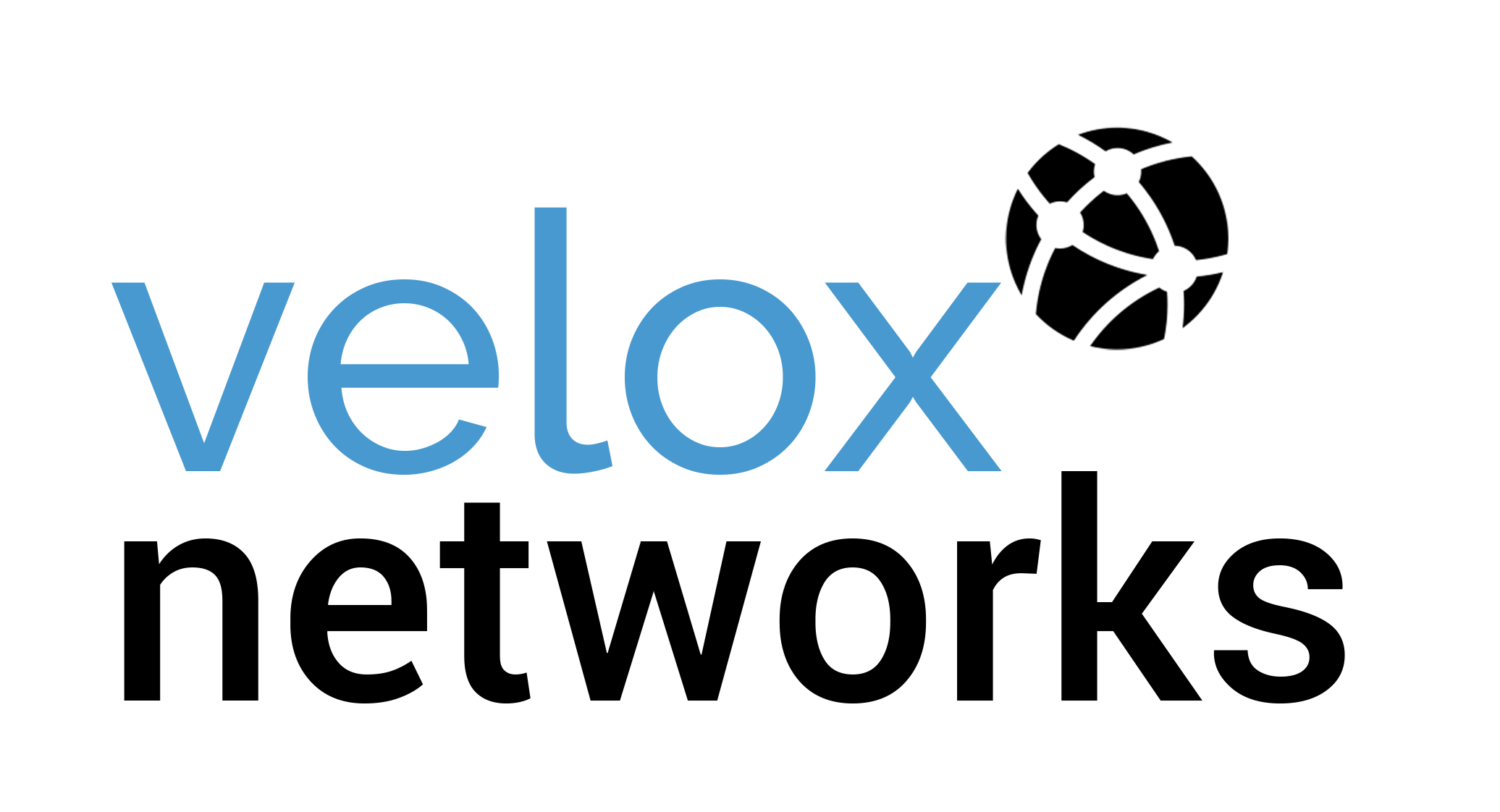Hard-selling VS Soft-selling: Which is better
There is no one perfect approach to sales psychology. Sales tactics are ever-changing based on factors such as the market, the products, your company, and your customers. So are the sales landscape and the buyer journey. What remains constant is the need for effective sales strategies for a company to be able to compete and grow. It is important to source and implement proven sales tactics that will work for the company. Some of the common sales tactics that are being used nowadays include asking for referrals from customers or actively listening to what customers say. To make it a little simpler, most sales tactics fall into either one of these categories - hard-selling or soft-selling. Understanding the difference between the two is crucial to any business' success.
This article will discuss this dichotomy, the pros and cons of both sales approaches, and how having solid Customer Relationship Management can support your sales system.
What Is A Hard-Sell?
Hard-selling is direct and insistent. This approach uses language that gets straight to the point and is a more aggressive way of making a sale. Due to this tactic's aggressiveness and high-pressure nature, it has fallen out of favour. However, this technique also comes with its fair share of advantages.
Hard-selling is designed to give the customer no time to contemplate but to make a decision to purchase immediately. Although this may come across as unfavourable, it does and has yielded results. Its success comes from using it at the right time in the right place. Some examples of hard-selling include the act of cold calling, door-to-door sales, or unwanted pitches.
As mentioned earlier, hard-selling has some strong advantages despite its negative connotations. And these apply to both the salesperson and the consumer. When it comes to expensive items, customers usually tend to delay decision-making, even if it may be necessary. Hard-selling works through the regret theory, which states that people anticipate regret if they make the wrong choice and consider this anticipation when making decisions. In this case, it applies by making them see that the product's positives outweigh the expense. Immediacy also plays a considerable role and is an advantage of hard-selling. It eliminates competition by allowing customers little to no time to consider other options and brands. Those working in commission-based jobs also benefit from hard-selling as they maximise their time and effort.
The aggressive tactics can push customers away. It might overwhelm them into deciding not to purchase the product, although it may suit their needs. This technique also focuses on the product rather than the customer, leaving them feeling unheard. Hard-selling gone wrong can also hurt your company's reputation. Cold-calling is notorious for this as customers can develop a negative connotation to your company.
What Is Soft-Selling?
As opposed to hard-selling, soft-telling takes on a more low-pressure, persuasive and subtle approach to sales. As the name suggests, this technique uses soft and non-aggressive techniques to persuade customers to make a purchase. It is important to understand that this technique does not make the salesperson passive. Instead, the intention is to push a product without appearing pushy. Customers are given the time and space to relax and decide. However, the onus is on the salesperson to maintain the customer's attention.
Soft-sell advertising leverages the consumer's emotion by using humour or invoking warm and friendly ideas. The key idea behind this is the correlation between consumers' feelings and their decision to purchase something. This leads us to one of the advantages of soft-selling. Through effective communication, soft-selling provides a new way for corporations to be more human and compassionate. The technique is highly effective in creating long-lasting customer relationships.
However, in most fast-paced sales, soft-selling is essentially rendered useless. Although some customers will appreciate aspects of it, hard-selling tends to be effective in making the sale in a short time.
Hard-selling VS Soft-selling: What Is The Difference?
Both sales approaches require effective communication skills, but the most significant difference between the two comes down to one factor - time. Hard-selling encourages the customer to make an immediate decision, whereas soft-selling takes a more gradual approach. However, it goes deeper. Soft-selling requires you to take time, the customers' needs, concerns, and perceptions of value into consideration when pitching a sale. Hard-selling is rarely concerned with such details and is more transactional. Hence, given the stark contrasts between the two, how can you decide which is most effective for your business?
Hard-selling puts emphasis on making a fast sale. It is volume over value, which can leave the customer feeling pressure and uneasy. It is ineffective for sophisticated or complex sales solutions since they require more time. The hard-sell approach is usually taken when sales professionals feel short on time, which is why it is typically the result of fast-approaching sales quotas and drifting deals.
Soft-selling focuses on rapport-building. Conversations with the customer to understand their needs so that sales professionals can connect the solution capabilities to the customer's specific needs. Complex needs and solutions are increasingly seen today, requiring team members to leverage soft skills. They remain useless throughout the sales process, perhaps making soft-selling the more effective.
The Role Of Telecommunication
We see how important relationship building is when it comes to sales. Equally important is having an exemplary telecommunication network, which can work as the bridge between the salesperson and the client. Velox's cloud-based PBX system is a tried and true solution to boosting customer satisfaction. It does so by providing convenient accessibility, having customer service-centric features, and being easily scalable.
Get in touch with Velox cloud PBX provider in Singapore to learn how to upgrade your phone system to a cloud-based office phone system to help your business deliver customer satisfaction today and drive your sales.


